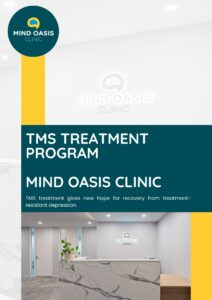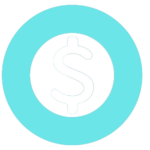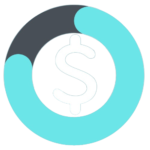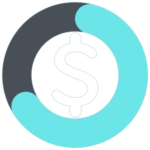TRANSCRANIAL MAGNETIC STIMULATION (TMS)
TMS TREATMENT GIVES NEW HOPE FOR RECOVERY FROM TREATMENT-RESISTANT DEPRESSION
TMS Enquiry Form
Fill in the form below (* Required) and our reception team will contact you within 2 business days.
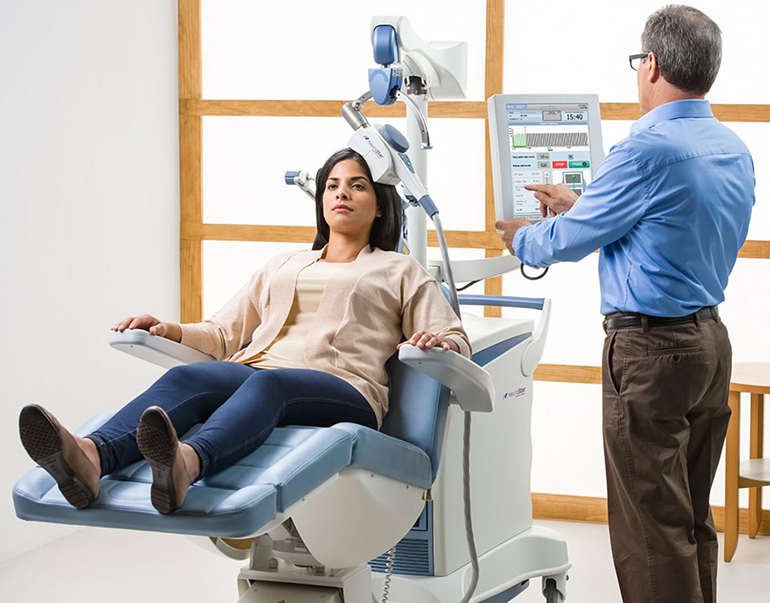
WHAT IS TMS?
TMS (or Transcranial Magnetic Stimulation) is a painless and effective treatment for depression and has been used to treat thousands of patients worldwide for over thirty years.
It has also been used to treat conditions such as obsessive compulsive disorder (OCD), addiction, chronic pain and post-traumatic stress disorder (PTSD).
At Mind Oasis Clinic we use repetitive TMS (or rTMS) to precisely target the area of the brain that is involved in depression. Studies have clearly shown that rTMS is an effective treatment for patients with depression.
TMS can be effective even if patients have failed to respond to antidepressant medications. Unlike other treatments, such as electro-convulsive therapy (ECT), TMS does not cause cognitive side effects or memory problems. No anesthesia or sedation is used, so patients can drive themselves to and from treatment and even go back to work or school right after a treatment. There is no need to disrupt the usual routine.
TMS is effective about 75% of the time, which means that it is twice as effective as antidepressant medications and almost as effective as electroconvulsive therapy. Nearly half of those who respond to TMS feel better within the first few weeks of treatment.
HOW DOES TMS WORK?
TMS is a procedure that uses highly concentrated electromagnetic pulses to specific regions of the brain that regulate mood. In more technical terms, during an rTMS session an electrical current passes through a small coil placed close to the scalp. This current induces a magnetic field. The magnetic field can travel through the skull and pass into the brain.
If the magnetic field is of sufficient strength, it will stimulate electrical activity in nerves below the coil, in the superficial regions of the brain. This stimulation may be repeated many times per second and with variation in intensity, and these variations will determine the effects of the stimulation. rTMS can be applied in different ways to either increase or decrease local brain activity.
The RANZCP (Royal Australian and New Zealand College of Psychiatrists) Guidelines recommend a step-wise approach to the management of depression, TMS is normally recommended when a patient has been unresponsive to 2 or more Antidepressants.
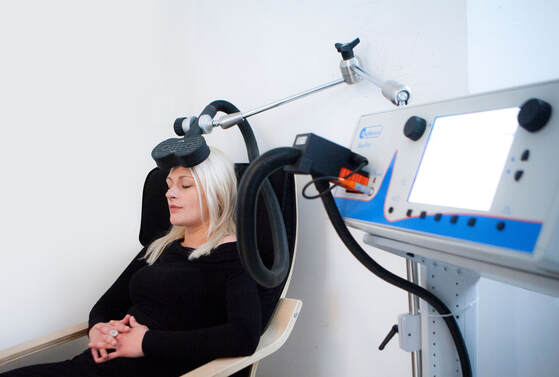
WHO CAN BENEFIT FROM TMS?
TMS is recommended for patients who:
-
Have tried various rounds of different medications and psychotherapy with no relief from their symptoms
-
Wish to avoid the side effects of medication (such as sexual dysfunction and weight gain)
-
Do not have a seizure disorder or a history of seizures
-
Do not have any metal implant within the head
BENEFIT OF TMS

TGA approved
TMS is TGA approved, non-drug, non-invasive (patient can resume regular activities after treatment), not addictive and does not require sedation or anesthesia.

Scientifically proven
When medications or behavioral therapy don’t work, doctors may turn to TMS treatments. It can be effective enough that some patients with treatment-resistant depression can stop taking prescription drugs.

Efficient
An average of 25-35 sessions is typically needed, with sessions held at least 3 times a week. After a course of TMS treatment, most patients enjoy longlasting effect.

Free from side effects
TMS therapy is free from medication side effects typically experienced with traditional antidepressant medications, e.g. weight gain, sexual dysfunction, nausea, fatigue.

Long-lasting effect
Most patients who complete TMS treatment experience relief from symptoms of depression for six months to a year. Your results could also last for more than a year.

Natural
TMS therapy uses magnetic energy to stimulate brain cells which helps them to naturally release needed chemicals for proper mood regulation

Comfortable
Patients are awake and alert during treatment and can return to their normal activities immediately following treatment. We administer rTMS in an outpatient setting, so there is no hospitalization needed.

Result
Paitent experiences some common changes include having more interest in doing things, sleeping better and more restfully, having appetite return to usual levels, seeing energy increase, and finding concentration and focus improve.

Clinically proven
30 clinical trials with 2,000 patients showed TMS to be effective for treating depression. In real naturalistic studies, between 58% and 75% of patients treated with TMS experienced significant improvement.
TMS therapy is considered a very safe procedure and generally well tolerated by patients with minimal side effects. Side effects are generally mild to moderate and improve shortly after an individual session and decrease over time with additional sessions.
RISK OF TMS
Common side effects
The level of stimulation can be adjusted to reduce symptoms or over-the-counter pain medication may be recommended before the procedure.
- Headache – This generally resolves itself or will improve quickly with paracetamol
- Tingling, spasms or twitching of facial muscles
- Lightheadedness
- Scalp discomfort – Those who do find it uncomfortable usually find they get used to the sensation over a few days
Uncommon side effects
Serious side effects are rare. They may include:
- Seizure – A rare risk of less than 0.1% per acute treatment course. TMS-induced seizures are mostly transient and self-limiting
- Tinnitus – The risk can be minimized by adjusting the TMS intensity and avoiding the theta burst protocol
- Mania – Particularly in patients with bipolar disorder – the risk is similar to antidepressant treatment and our clinicians will closely monitor the risk
TYPICAL TMS TREATMENT PROGRAM AT MIND OASIS CLINIC
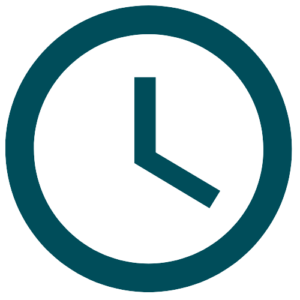
3
Sessions per week
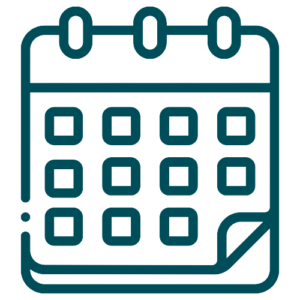
9 -12
Weeks
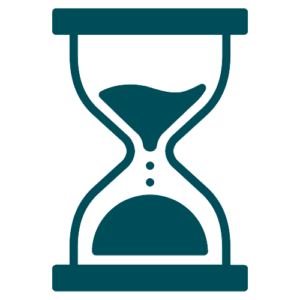
30 – 70
Minutes per session
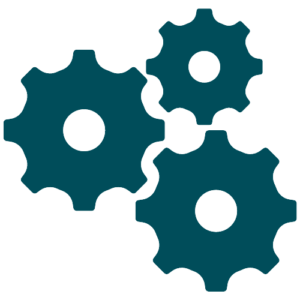
25 – 35
Total of sessions
Step 1
Obligation-free & Bulk-billed TMS initial assessment with our TMS-accredited Psychiatrist
Step 2
Titration session with our TMS-accredited Psychiatrist
Step 3
On-going TMS treatment sessions by TMS-accredited Registered Nurse
Step 4
Ongoing review by our TMS-accredited Psychiatrist
TMS TREATMENT COST
From Nov 2021 onwards, medicare rebates are available to patients with Treatment-Resistant Depression who have met certain criterias. For those who have met the certain criterias, the patients are able to receive subsidies from medicare for up to 35 TMS sessions.
TMS Initial Assessment
with our TMS-accredited Psychiatrist
Bulk-billed
TMS Titration Session
with our TMS-accredited Psychiatrist
Fee: $200
Medicare rebate: $166.80
TMS Treatment Session
with our TMS-accredited Registered Nurse
Fee: $200
Medicare rebate: $143.15
Medicare safety nets
The medicare rebates listed above are the minimum rebate. Once the patients have reached their Medicare Safety Nets thresholds, medicare will pay 80% of your out-of-pocket costs for the rest of the calendar year, and this will further reduce the total out-of-pocket amount you are paying.
As of 1 Jan 2023, Medicare Safety Nets thresholds for individuals that do not hold a concession card is $2,414; for individuals that hold a concession card (e.g. Pensioner Concession Card, Health Care Card etc.) is $770.3.
TMS INFORMATION BOOKLET
We have gathered some information in our TMS Information Booklet to help you understand:
-
What is TMS?
-
How does TMS work?
-
Who can benefit from TMS?
-
Benefit of TMS
-
Risk of TMS
-
Typical TMS Treatment Program at Mind Oasis Clinic
-
TMS Treatment Cost
-
TMS Referral
Click here to download our TMS Information Booklet
